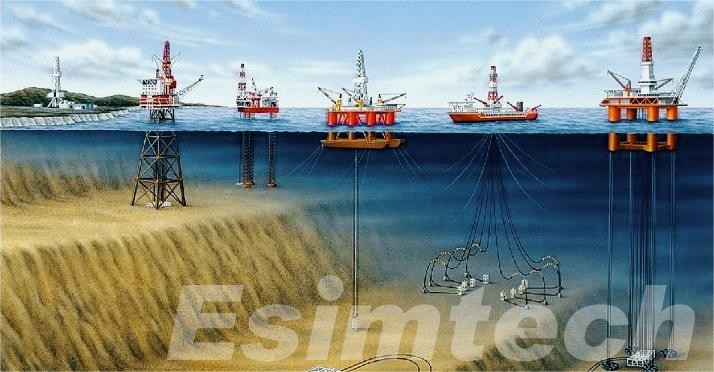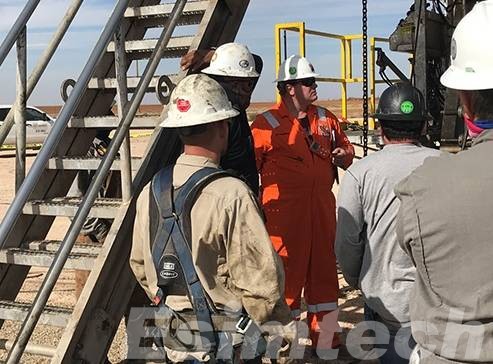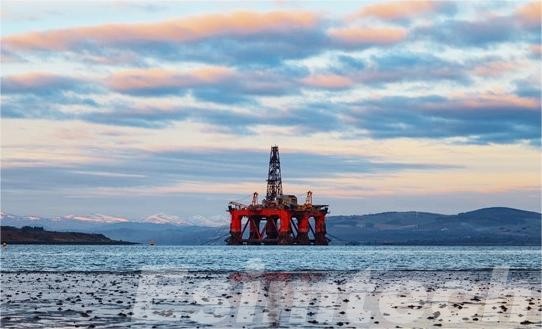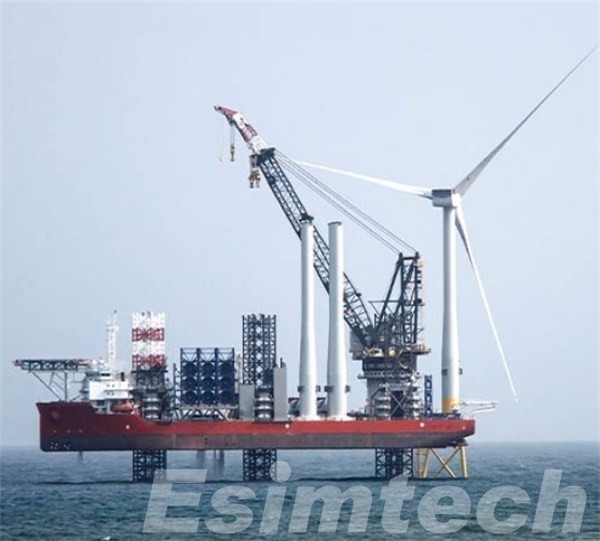Understanding Human Factors and Crew Wellbeing in Offshore Rig Operations
In the demanding and high-risk environment of offshore rig operations, the well-being of the crew and the consideration of human factors are paramount. These elements are critical not only for ensuring safety and operational efficiency but also for maintaining the physical and mental health of the workforce. Offshore rig presents unique challenges, including isolation, harsh weather conditions, and rigorous work schedules. Understanding and addressing human factors and crew wellbeing in this context is essential for maintaining a productive and safe working environment.

Understanding Human Factors in Offshore Rig Operations
Human factors play a critical role in offshore rig operations, influencing safety, efficiency, and overall performance. The term “human factors” refers to the various psychological, physiological, and social influences on workers’ performance.
1. Stress and Fatigue
Offshore rig workers often face long shifts, harsh environmental conditions, and the pressure of working in a high-risk setting. These conditions can lead to chronic stress and fatigue, significantly impairing cognitive functions, reaction times, and decision-making abilities.
- Stress Management: Providing mental health support, stress management training, and creating a supportive work environment are crucial.
- Fatigue Mitigation: Implementing effective work-rest schedules and ensuring adequate rest periods can help reduce fatigue.

2. Communication
Effective communication is vital in offshore operations where complex tasks require precise coordination and collaboration. Miscommunication can lead to errors and accidents, making it essential to establish clear and effective communication protocols.
- Training Programs: Regular training on communication skills and the use of standardized communication protocols can enhance clarity and reduce misunderstandings.
- Technological Support: Utilizing advanced communication tools and technologies can facilitate better information exchange.
3. Teamwork and Leadership
The isolated nature of offshore rigs means workers must rely heavily on each other. Effective teamwork and strong leadership are essential for maintaining morale and ensuring operational efficiency.
- Team-Building Activities: Encouraging team-building activities and fostering a collaborative work culture can enhance teamwork.
- Leadership Development: Training leaders to be supportive, recognize signs of stress and fatigue, and take proactive measures to address issues is crucial.
4. Ergonomics
The physical design and layout of the work environment impact workers’ health and performance. Ergonomic considerations are essential to prevent physical strain and injuries.
- Workstation Design: Ensuring that control rooms, machinery, and workstations are ergonomically designed can help reduce physical strain and discomfort.
- Living Quarters: Providing comfortable living quarters with adequate space and amenities is important for the well-being of the crew.

What is Crew Wellbeing in Offshore Rig Operations
Crew well-being encompasses physical, mental, and emotional health, social well-being, and a sense of purpose and fulfillment.
1. Physical Health
Regular health check-ups, access to medical facilities, and fitness programs are fundamental. Nutrition also plays a key role; providing balanced and nutritious meals helps maintain energy levels and overall health.
2. Mental and Emotional Health
The isolation and confinement of offshore rigs can take a toll on mental health. Providing access to mental health professionals, offering counseling services, and creating a supportive community environment are vital. Promoting activities that reduce stress, such as exercise, hobbies, and social events, can also enhance mental well-being.
3. Social Wellbeing
Encouraging social interaction among crew members helps combat feelings of isolation. Social activities, communal dining areas, and recreational facilities foster a sense of community and belonging, which are crucial for maintaining morale.
4. Professional Development
Providing opportunities for professional growth and development can significantly impact crew well-being. Training programs, career advancement opportunities, and recognition of achievements help workers feel valued and motivated.
Strategies for Improving Human Factors and Crew Wellbeing in Offshore Rigs
1. Establishing a Strong Safety Culture
- Training and Education: Continuous and comprehensive offshore rig training programs are essential. These should cover not only technical skills but also safety protocols, emergency response procedures, and the importance of reporting hazards.
- Safety Protocols: Implement clear and concise safety protocols that are regularly updated based on new findings and technologies. Ensure these protocols are easily accessible to all crew members.
- Proactive Risk Management: Encourage a proactive approach to identifying and mitigating risks in offshore oil rig operations. This includes regular safety drills, hazard assessments, and encouraging workers to report potential hazards without fear of reprisal.

2. Comprehensive Health and Wellness Programs
- Regular Health Check-Ups: Implement mandatory health screenings and regular check-ups to monitor the physical health of crew members. This helps in early detection and management of health issues.
- Fitness and Nutrition: Provide access to fitness facilities and promote regular physical activity. Ensure the availability of nutritious meals to maintain energy levels and overall health.
- Mental Health Support: Offer access to mental health professionals and counseling services. Regular mental health workshops and stress management programs can help in maintaining emotional well-being.
3. Supportive Leadership and Management
- Leadership Training: Train leaders to recognize signs of stress, fatigue, and mental health issues among crew members. Leaders should be equipped with skills to provide support and take proactive measures to address these issues.
- Open Communication: Foster an environment where crew members feel comfortable discussing their concerns and suggestions. Regular meetings and feedback sessions can help in addressing issues promptly.
- Recognition and Incentives: Acknowledge and reward the efforts and achievements of crew members. Recognition programs can boost morale and motivation.
4. Technological Innovations
Wearable Technology: Use wearable devices to monitor fatigue levels, vital signs, and other health indicators. These devices can provide real-time data to prevent accidents caused by fatigue or health issues.
Virtual Reality Training: Implement virtual reality (VR) for offshore drilling training purposes. VR can simulate real-life scenarios, allowing crew members to practice emergency responses and complex operations in a safe environment.
Advanced Communication Tools: Use advanced communication technologies to improve coordination and information sharing among crew members, especially during emergencies.

5. Ergonomic Design and Infrastructure Improvements
- Work Environment Design: Ensure that the physical layout of the rig is ergonomically designed to reduce physical strain and prevent musculoskeletal disorders. This includes the design of control rooms, machinery, and living quarters.
- Comfortable Living Quarters: Provide comfortable and well-maintained living quarters with adequate privacy. This helps in reducing stress and promoting better rest.
- Recreational Facilities: Offer recreational facilities and activities to help crew members relax and unwind during their off-hours.
6. Enhancing Social Wellbeing
- Community Building Activities: Encourage social interaction through community-building activities. Social events, communal dining areas, and team-building exercises can foster a sense of community and belonging.
- Support Networks: Establish support networks where crew members can share their experiences and provide mutual support. Peer support can be particularly effective in promoting mental well-being.
7. Professional Development and Career Growth
- Training Programs: Offer regular training programs to help crew members enhance their skills and advance their careers. This not only improves job performance but also increases job satisfaction.
- Career Advancement Opportunities: Provide clear pathways for career advancement. Recognize and promote talent from within the organization to retain skilled workers and boost morale.
- Mentorship Programs: Implement mentorship programs where experienced crew members can guide and support newer members, helping them integrate and grow within the organization.
Conclusion
Prioritizing human factors and crew wellbeing in offshore rig operations is not only a moral imperative but also a practical necessity. companies can create a more sustainable and productive operational model that benefits both the workers and the industry as a whole through understanding and addressing the unique challenges faced by offshore workers
